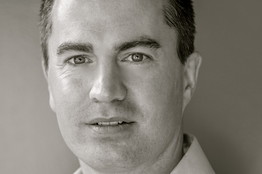Phin Barnes, partner at First Round Capital: I have failed a lot in my life. I failed to get into business school the first time around. I failed to build a unicorn startup. I suffered through terrible investor relationships and a disastrous co-founder partnership. But none of these shortcomings has made me a failure. In fact, I think I have been really lucky. I owe tremendous thanks to mentors and friends who pushed me to take the time to study my role in each setback instead of speeding ahead to the next thing. It’s never easy, but through the painful exploration of each failure, I’ve learned how to approach each of the big bangs in my life as a scientist — not as a creationist. Here’s what I mean … Read More »
May 1, 2015

































